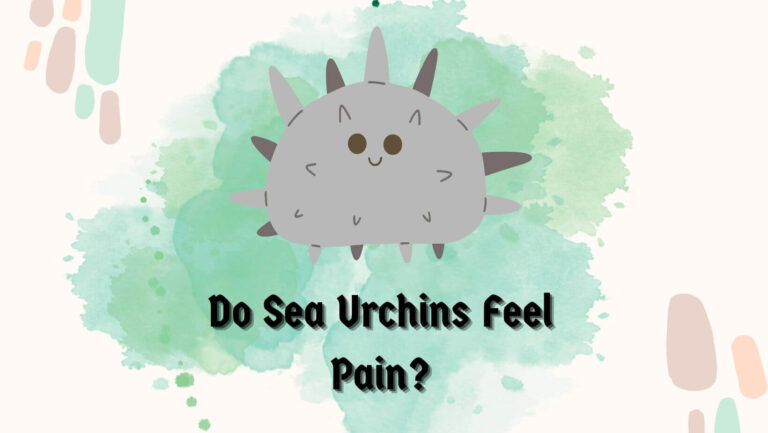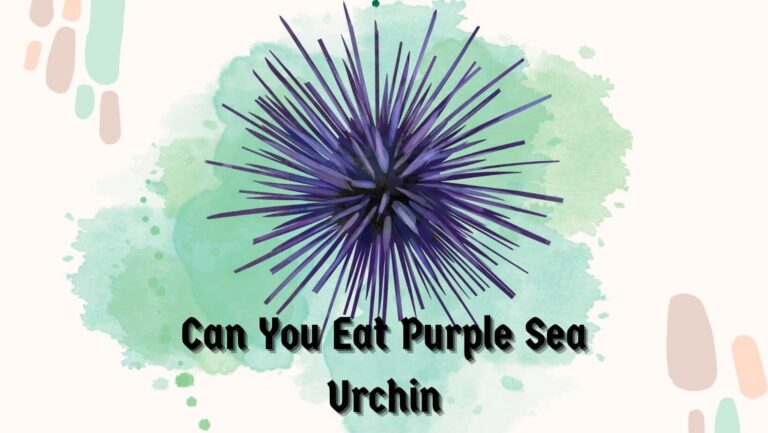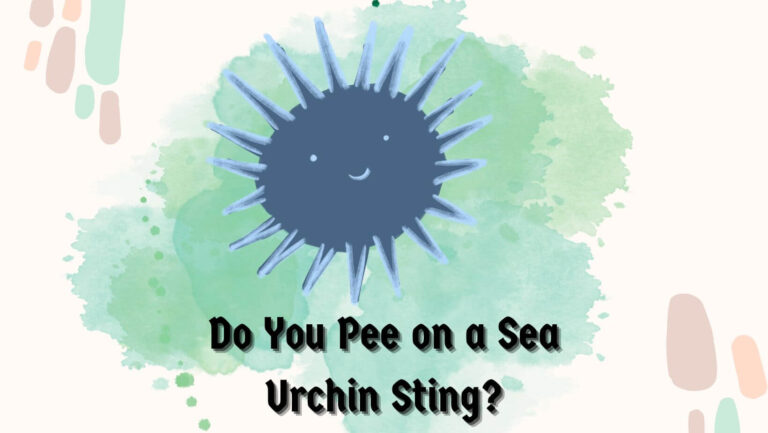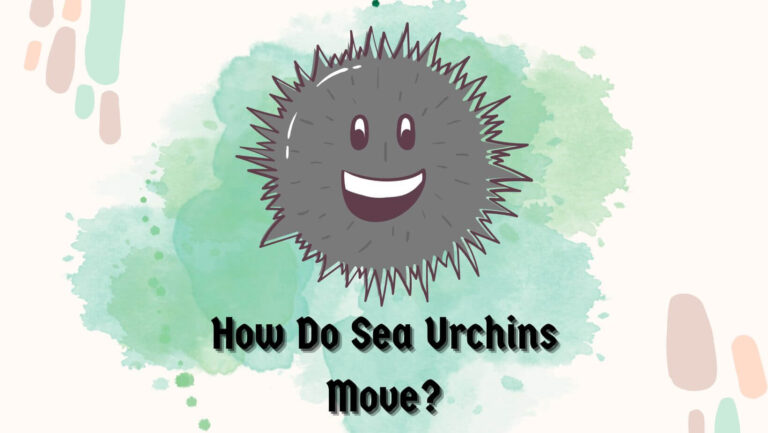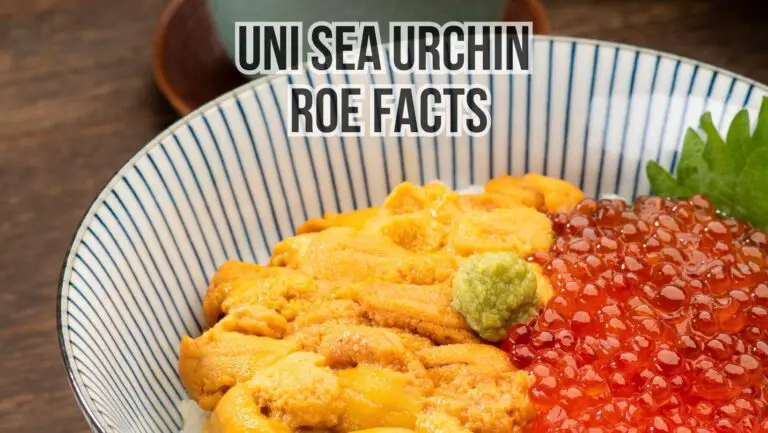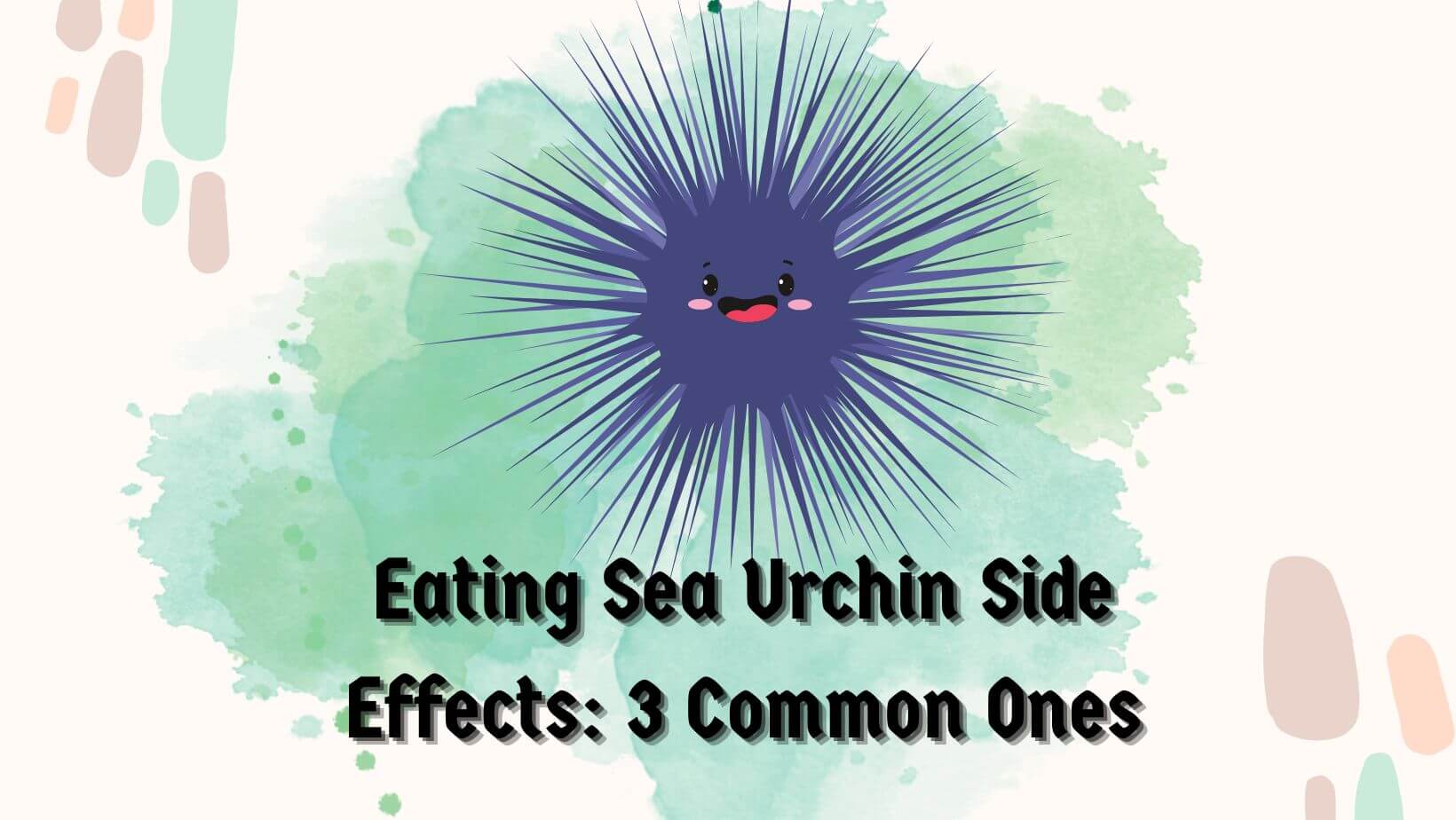
Recently, sea urchins have gained popularity as a delicacy in cuisine worldwide. Since they’re becoming so popular, it’s common to ask whether these fascinating creatures pose any side effects or not if consumed. If you want to know about ‘eating sea urchin side effects,’ this article is for you.
Even though they contain many nutritional benefits that are crucial to humans, we must also understand the potential side effects that may arise after consuming them. I aim to provide you with all the potential information about sea urchins side Effects.
Here we are not only going to discuss three common side effects of eating sea urchins but also how to avoid them. Later on, I will also tell you a few benefits of eating sea urchins, but let’s first begin with knowing three common side effects.
Table of Contents
Eating Sea Urchin Side Effects: 3 Common Ones

Even though sea urchins are rich in many nutrients that offer several health benefits, we should be aware of the potential side effects commonly associated with their consumption. Below I am mentioning the ones reported by a few people that you may also experience in case of an over-sensitive immune system or compromised health.
Allergic Reactions
Even though this is rare, sea urchins are also known to trigger allergies in people with compromised immune systems. Sea urchin allergy usually occurs and manifests as an allergic reaction when our immune system mistakenly identifies certain proteins as harmful.
A few symptoms may include itching, swelling, hives, and anaphylaxis in severe cases. Thus, you must take proper precautions before eating them and avoid them altogether in case of an over-sensitive immune system.
It’s better to consult an expert before trying to consume anything new in case of a compromised immune system. People with pre-existing allergies are more susceptible to developing a reaction when sea urchins are consumed.
Recently published in the Journal of Allergy and clinical immunology reported cases of allergic reactions to sea urchins. In one case, a 35-year-old woman experienced an anaphylactic reaction after ingesting sea urchin roe.
Another case study documented a severe allergic reaction in a 28-year-old woman with a shellfish allergy history.
Gastrointestinal Distress
Yes, gastrointestinal distress after consuming sea urchins is also possible in some individuals. This can also manifest as diarrhea, nausea, or stomach cramps. If you notice any symptoms like this, contact the health authority and get yourself checked at the nearest hospital.
Depending upon the quantity of sea urchins consumed and personal sensitivity, the severity and duration of these symptoms may vary.
A review published in MDPI discusses the gastrointestinal effect of sea urchin consumption. That review also highlights that some individuals may experience digestive issues due to the unique composition of sea urchins MEATS. However, sea urchins are generally safe to consume.
Heavy Metal Contamination
Another side effect of eating searching is the potential presence of heavy metal. As they are known to be filter feeders, sea urchins may also accumulate heavy metals from their environment, like lead or Mercury, which can harm our health.
Yes, these metals can be very harmful to our health if consumed excessively. This is why it is important to put regulatory guidelines and safety measures in place to monitor and mitigate the risk of heavy metal contamination in seafood, including sea urchins.
You should know that the Food and drug administration has established an action level for various heavy metals in seafood to ensure consumer safety.
Therefore, it is important that not only reputable but also local seafood suppliers comply with these regulations, as it is crucial to minimize the risk of heavy metal contamination.
Researchers at the National Institutes of Health analyzed heavy metals in sea urchins from different regions. The surprising results indicated that sea urchins collected from certain areas had higher levels of heavy metals than recommended by regulatory guidelines. No doubt, this finding also emphasizes the importance of sourcing sea urchins from a reputable supplier and considering the origin of the seafood itself.
Also Read & Learn Valuable Insights
Precautions & Considerations
To ensure that you can safely eat sea urchins while minimizing the risk of side effects, follow the precautions given below and consider each factor as well.
Safe Sea Urchin Consumption
If you are looking to consume sea urchins, I recommend you to source it directly from a reputable supplier known for its quality and safety standards. Also, ask the supplier from where they harvest or source their seafood to know better.
Most reputable suppliers tend to follow proper harvesting and handling techniques. They also tend to be very well equipped with proper storage practice that is required to maintain the freshness and integrity of the seafood, including sea urchins.
It is also important to follow a proper cooking and cleaning method to avoid residue, any potential contaminants and ensure food safety. Sea urchins require washing before you eat them to remove any dirt or debris from their spine.
It is also best to cook the sea urchins before eating them, as raw can cause digestive issues or allergies. Eliminate any potential pathogens known to increase the risk of food bonds in less.
Moderation & Individual Sensitivity
Just like with any other food, you should always listen to your body and mind. If you are not mindful of your personal tolerance level, you might trigger allergies after consuming sea urchins.
Some individuals can be more sensitive to certain foods and experience sea urchin allergies. Therefore I suggest you monitor your reaction after eating sea urchins. Also, make sure to eat/consume them in moderation to help prevent adverse effects.
In addition, if you are trying or eating sea urchins for the first time, I recommend you start with a small amount to gauge your body’s response.
On the other hand, if you already have a history of allergy or any sensitivity to seafood or shellfish, I will advise you to avoid eating sea urchins and consult with the health care professional or allergies to assess your risk factor.
ACross-Reactivity with Shellfish Allergies
If you tend to have shellfish allergies, you will have to take precautions when considering eating sea urchins as well. You should know that sea urchins also belong to the same family as shellfish, and cross-reactivity between the two allergens was reported a few years back.
If you don’t know what cross-reactivity is, it refers to the immune system’s response to similar proteins found in different substances.
In fact, a study published in the Thermo Fisher Scientific discusses the cross-reactivity between shellfish and sea urchins.
It found that shellfish also exhibited IgE-mediated allergic reactions to sea urchins protein. Therefore, if you are one of those individuals with a shellfish allergy, you must consult your health care professional or allergy before eating them.
Benefits
After knowing so many side effects of sea urchins, you must also be aware of their potential health benefits. You should know that sea urchins are known to be rich in protein, vitamins, as well as minerals, making them a valuable addition to a well-balanced diet.
They will provide you with an excellent source of protein essential for muscle repair and growth while maintaining a healthy immune system.
In addition, sea urchins are also rich in Omega 3 fatty acids, which have been directly linked to various health benefits, including reducing inflammation and supporting heart health.
The antioxidant found in sea urchins also helps fight off free radicals in our body. All these health benefits raise quite a normal question: why not eat them?
Conclusion
Even though sea urchins are known to have an array of nutritional benefits, you should always eat them in small amounts. If it is your first time to taste sea urchins, make sure to take a small amount only to see how your body and mind react.
You should also consider understanding the risk while taking precautions when consuming any sea urchin. Also, make sure to consider each factor mentioned above for making an informed choice whether to eat them or not.
If you take proper precautions, you can enjoy the sea urchins’ flavor and buttery textures and benefit from them while minimizing any adverse effects. You should know that the key lies in embracing knowledge and moderation for a delightful dining experience.
I hope I have given you all the information you need about sea urchin’s side effects. If you find this article helpful and informative, consider sharing it.
Your share will help many people learn about the precautions they should take to minimize the adverse effect of eating sea urchins. If this article was fun to read, consider also checking our other articles. See you in the next post, till then, take care & goodbye.

